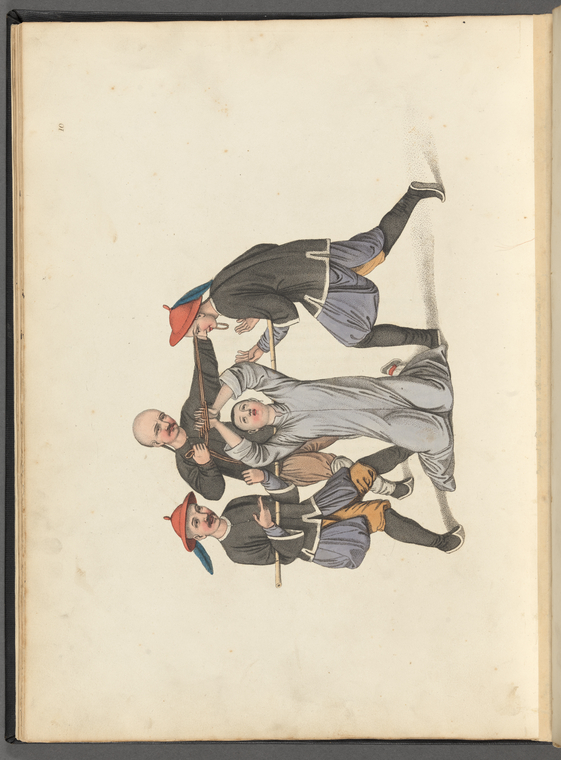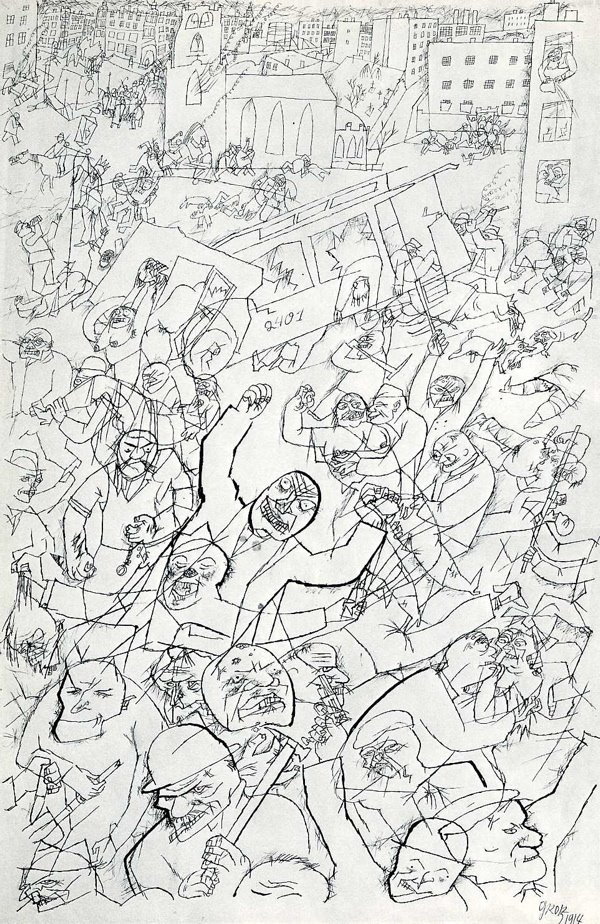I love MLA time if for no other reason than that the American Dialect Society puts a halt to the high seriousness of linguistics in order to pronounce upon the state of the language and name the "Word of the Year." Last year's winner, "to pluto" (meaning "to demote or devalue someone or something"), while somewhat tame in comparison to an otherwise saucy field of candidates, captured an interesting and fundamentally contemporary lexicographical moment. This year's winner was, again, somewhat disappointing, though there can be no doubt that "subprime" had its comeuppance this year.
From the American Dialect Society press release:
“Subprime” Voted 2007 Word of the Year
by American Dialect Society
HILTON CHICAGO—JAN. 4—In its 18th annual words of the year vote, the American Dialect Society voted “subprime” as the word of the year. Subprime is an adjective used to describe a risky or less than ideal loan, mortgage, or investment. Subprime was also winner of a brand-new 2007 category for real estate words, a category which reflects the preoccupation of the press and public for the past year with a deepening mortgage crisis.
Here's
a full recap of the nominees. Personally, I would have liked to have to seen "wide stance" take home the prize this year. But we surely have many Republican scandals to look forward to in 2008, and with them will naturally come the parsing of language that fuels this award. (I'd also like to give my personal thanks to whomever we have to thank for the nomination of "
lolcats.")
—MOST USEFUL—
bacn: Impersonal email such as alerts, newsletters, and
automated reminders that are nearly as annoying as
spam but which one has chosen to receive.
celebu-: prefix Indicates celebrity, as in celebutard.
connectile dysfunction Inability to gain or maintain a
connection.
green-: prefix/compounding form Designates environmental
concern, as in greenwashing.
wrap rage: Anger brought on by the frustration of trying to
open a factory-sealed purchase.
—MOST CREATIVE—
boom: An instance of a military explosion in the phrases
left of boom, which describes the US military’s efforts
to root out insurgents before they do harm, and right of
boom, which describes efforts to minimize attacks with
better equipment, systems, and medical care.
Googleganger: Person with your name who shows up when
you google yourself.
lolcat: On the Internet, an odd or funny picture of a cat
given a humorous and intentionally ungrammatical
caption in large block letters.
tapafication: The tendency of restaurants to serve food in
many small portions.
—MOST UNNECESSARY—
Happy Kwanhanamas!: [Kwanza + Hanukka + Christmas]
Happy holidays!
truther: Someone who espouses a conspiracy theory about
the events of 9/11.
vegansexual: A person who eats no meat, uses no animal-
derived goods, and who prefers not to have sex with
non-vegans.
—MOST OUTRAGEOUS—
nappy-headed ho: An expression used on the Don Imus
radio show, and repeated by the host, about the
women’s basketball team at Rutgers University.
make it rain To drop paper money on a crowd of people,
especially in strip clubs, nightclubs, or casinos.
toe-tapper: A homosexual. Senator Larry Craig was
arrested in June for an encounter in a public restroom
in which toe-tapping was said to have been used as a
sexual come-on.
—MOST EUPHEMISTIC—
human terrain team: A group of social scientists employed
by the US military to serve as cultural advisers in Iraq
or Afghanistan.
shmashmortion/smushmortion: Abortion.
va-j-j Also va-jay-jay or vajayjay: The vagina.
—MOST LIKELY TO SUCCEED—
global weirding: An increase in severe or unusual
environmental activity often attributed to global
warming. This includes freakish weather and new
animal migration patterns.
green-: prefix/compounding form Designates environmental
concern, as in greenwashing.
Super-Duper Tuesday: Feb. 5th, the day 23 US states will
hold primary elections. Also known as Tsunami
Tuesday.
wide stance, to have a: To be hypocritical or to express two
conflicting points of view. When Senator Larry Craig
was arrested in a public restroom and accused of
making signals with his foot that police said meant he
was in search of a anonymous sex, Craig said it was a
misunderstanding and that he just had a wide stance
when using the toilet.
—LEAST LIKELY TO SUCCEED—
Billary/Hill-Bill: Bill and Hillary Clinton.
earmarxist: A congressman or senator who adds
earmarks—money designated for a particular person or
group—to legislation. Coined by the blog Redstate to
refer to Democrats.
quadriboobage: The appearance of having four breasts
caused by wearing a brassiere that is too small.
strand-in: Protest duplicating being stranded inside an
airplane on a delayed flight
strike beard: facial hair grown by talk show hosts during
the duration of the television writers’ strike.
—REAL ESTATE WORDS—
exploding ARM: An Adjustable Rate Mortgage whose rates
soon rise beyond a borrower’s ability to pay.
liar’s loan/liar loan: Money borrowed from a financial
institution under false pretenses, especially in the form
of a “stated income” or “no-doc” loan which can
permit a borrower to exaggerate income.
NINJA No Income, No Job or Assets: A poorly
documented loan made to a high-risk borrower.
scratch and dent loan A loan or mortgage that has become
a risky debt investment, especially one secured with
minimal documentation or made by a borrower who
has missed payments.
subprime: Used to describe a risky or poorly documented
loan or mortgage.






